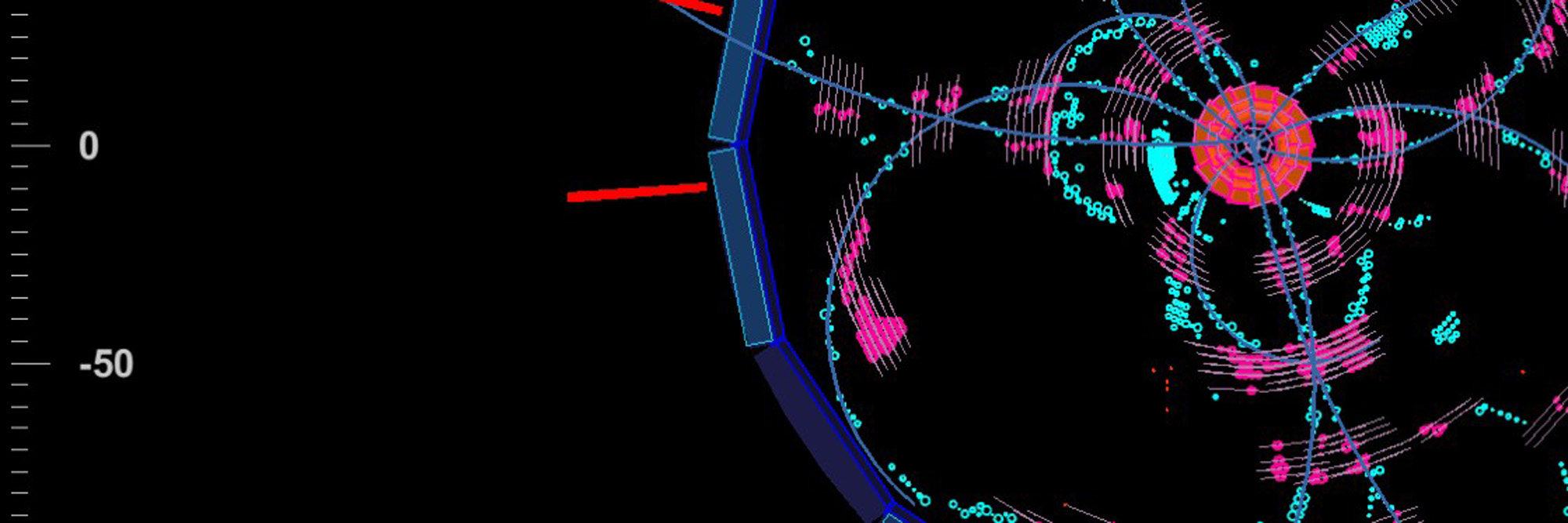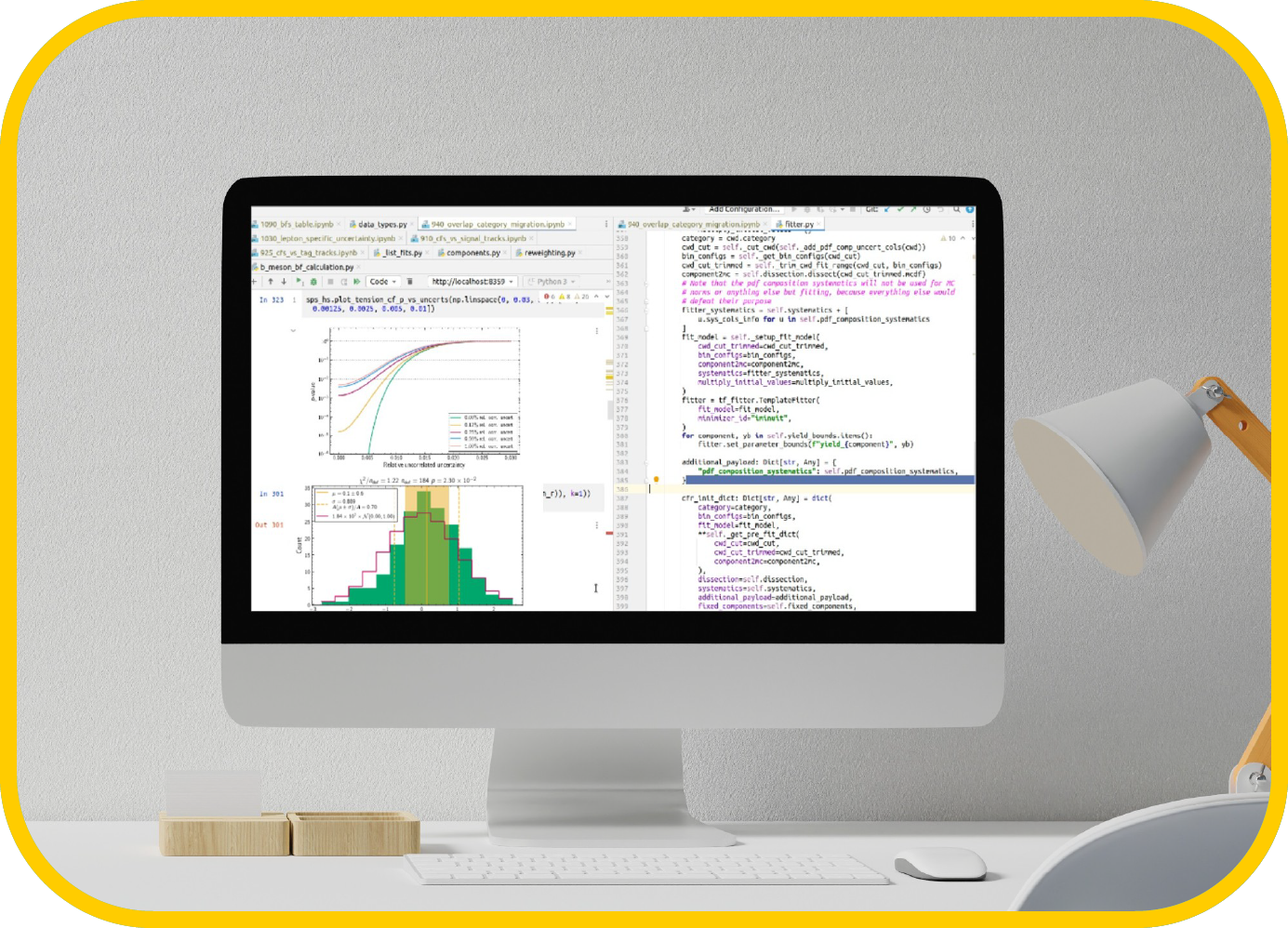
The German research groups are strongly represented in all major physics topics; this wide interest is mirrored in the strong representation among the Belle II physics group leaders: six of the ten Belle II physics groups have a group leader affiliated with a German institute. These physics groups work closely with each other and with German particle physics theorists.
The fields of research of the German physics groups are broad and include fundamental physics questions, some of which play an important role mainly within physics, but some concern very fundamental questions of mankind. These areas of research include very rare decays, anomalies of decays and a possible existence of previously unknown particles, the search for dark photons and dark matter, very precise mass determinations of particles, the exploration of particles beyond the Standard Model (e.g. so-called XYZ particles) and the exploration of the imbalance of matter and antimatter in the universe (CP violation).
Measurements at Belle II will be performed with unprecedented precision and will open up new, previously unexplored areas. Accompanying theoretical studies are essential to this end, because the experimental data will only provide new insights into fundamental parameters of the Standard Model (SM) and the dynamics of the New Physics (NP) if the theoretical predictions have at least the same precision as the associated measurements. This requires close collaboration between theory and experiment, which already has a long tradition; a culture of close cooperation between experimental and theoretical groups has been established for many decades by BMBF collaborative research.
Thus, a core task of theoretical work is to incorporate new experimental findings into new theories. Work at this point often takes place in close cooperation between the Belle II and LHCb experiments, because confirming or refuting a theoretical idea often requires a combination of measurements from different experiments.
Particularly promising here are, for example, the exploration of deviations from the Standard Model of particle physics, the determination of better predictions of the Standard Model, and the contributions of German groups to the highly topical research field of dark matter (DM) and its interactions. The experiments and analyses of the Belle II experiment will investigate suspected light particles of this so-called dark sector and their possible interactions with SM particles - for example by dark photons.

Skill Box
The following skills are required for participation in Belle II Physics Analysis:
- Understanding of physical processes, interest in statistical methods as well as methods of analysis.
- Interest in machine learning and artificial intelligence methods is beneficial.
- Knowledge of the programming languages Python, C++ is helpful.
- Ability to work in a team and interest in working in both German and globally distributed teams.
